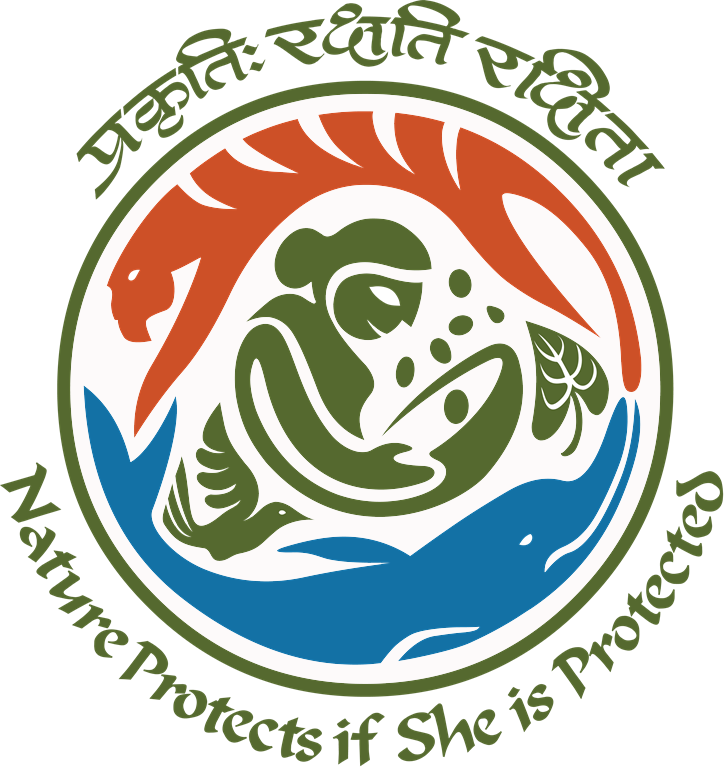The Executive Committee of the Montreal Protocol at its 42nd meeting held in March 2004 approved the National CFC Consumption Phase-out Plan (RAC Servicing sector) at a total funding level of US$ 6.388 million to phase-out 1502 ODP tonne of CFCs by 31st December 2009.The Government of Germany was responsible for implementation of this project as the lead Implementing Agency along with UNDP, UNEP,UNIDO and Government of Switzerland as associated agencies.The Government of Switzerland was responsible for training activities and UNDP was responsible for equipment support.UNEP was responsible for creation of awareness. Besides, UNEP was organizing customs and policy training activities in collaboration with NationalAcademy for Customs, Excise and Narcotics (NACEN)
The project’s main focus was on training of refrigeration servicing technicians in servicing refrigeration and air-conditioning equipments based on ODS and non-ODS alternatives. It also covers training for Mobile Air-Conditioning (MAC), Open Type Compressor (OTC) and specifically targeted the Railways as a key institutional user of CFC refrigerants. The project adopted a multi-pronged approach to achieve its targets. In addition to training, it includes equipment support, awareness building and information dissemination, and capacity building of customs officers on illegal ODS trade.
Information dissemination and creating awareness regarding CFC phase-out in India is of utmost importance to ensure the project’s success. Various methods were employed to create awareness viz. video film, posters, newsletter, flyers, dealer workshops, equipment support workshops, articles in newspapers and dedicated website.
NCCoPP was funded by the MLF of the Montreal Protocol.NCCoPP took over from the Indo-Swiss Human and Institutional Development in Ecological Refrigeration (HIDECOR) project. The HIDECOR operation, initiated in 1998, was geographically restricted to selected states and the target group was limited to Micro, Small and Medium-sized service Enterprises in the RAC sector. NCCoPP currently has a presence in 15 States of India. It aimed to encourage good servicing practices among all Refrigeration Service Enterprise, with a special focus on those firms consuming more than 50 kg CFC per annum. The project has been successfully implemented as per schedule.
A total of 955 units were provided to the enterprises through UNDP in four phases till December 2009. The work plan targets for the year 2009 were achieved.Awareness generation workshops were conducted for small servicing enterprises so that most of the enterprises across the country can participate in the project and get the advantage of assistance provided under the Montreal Protocol to phase-out ODS in servicing sector.Equipment support to another 120 Industrial Training Institutes (ITI) has also been provided.
As stated earlier the focal activity of NCCoPP was training of Refrigeration Service Enterprise (RSE) technicians. During training the participants / technicians are taught how to handle the alternative refrigerants, good servicing practices and emphasis is laid on recovery of CFCs. Therefore the training programs have helped in creating a demand for recovery and reclaiming of refrigerants. With over 20,000 technicians already trained under NCCoPP and its forerunner projects, The requirement of CFCs for servicing is being addressed through reclamation of used CFCs. A number of reclamation centres have been established at various locations in the country like Bangalore, Chandigarh, Hyderabad, Ahmedabad, Jaipur, Kolkatta, and Lucknow. The reclamation units have also been provided to Indian Railways and Defence forces.



